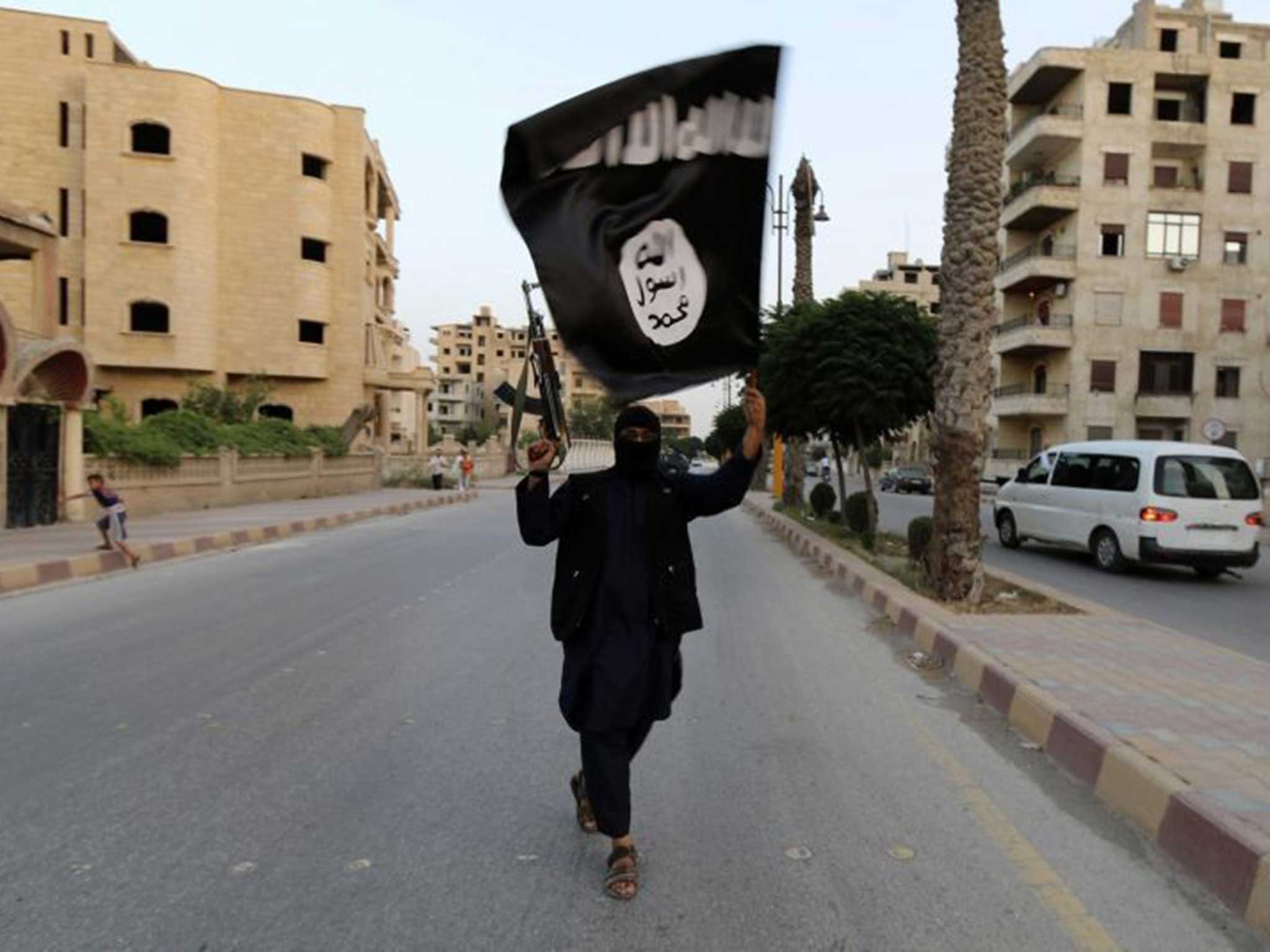Sending troops over to Iraq and Syria to fight Isis is not the answer to Steven Sotloff's murder
Western intervention will only benefit the Islamic State

Your support helps us to tell the story
From reproductive rights to climate change to Big Tech, The Independent is on the ground when the story is developing. Whether it's investigating the financials of Elon Musk's pro-Trump PAC or producing our latest documentary, 'The A Word', which shines a light on the American women fighting for reproductive rights, we know how important it is to parse out the facts from the messaging.
At such a critical moment in US history, we need reporters on the ground. Your donation allows us to keep sending journalists to speak to both sides of the story.
The Independent is trusted by Americans across the entire political spectrum. And unlike many other quality news outlets, we choose not to lock Americans out of our reporting and analysis with paywalls. We believe quality journalism should be available to everyone, paid for by those who can afford it.
Your support makes all the difference.The beheading of the American journalist Steven Sotloff is the latest display of Islamic State's (IS) damning condemnation of the West. The executioner’s direct message to President Obama refers to the group's disgust with US foreign policy and continued intervention in the Middle East.
Next in line to be slaughtered is a British citizen, which raises the question: will the UK government change their stance on the group?
Many are calling for Western intervention, but this will change very little in terms of IS’s barbaric tactics. As far as they are concerned, they are at war with Western ideology, influence and policy, which needs to be exterminated from their so-called “Caliphate”.
For the past year, there has been a competitive strain between jihadi groups in the region over who can out-do the other in their attacks against the West, with IS invariably coming out on top. If anything, there is a great possibility that they might intensify their stance purely as a means to intimidate and provoke their rivals, and maintain their unparalleled position.
Intervention will never be the thing that resolves the problem of Islamic State. In the long term, it would make political reconciliation almost impossible. The arrival of British and American troops in the region would only play into the jihadists’ Crusader narrative, and help promote their twisted rhetoric.
It would be a short-sighted solution that betrays a basic understanding of Isis. What's more, it would place the West in an unavoidably complex minefield. Intervention from the UK, for example, could potentially aid the Assad regime, which would be incredibly problematic — not to mention dangerous.
What we desperately need instead is a firm regional response. Indeed, in order to formulate some sort of strategy that may have a chance in halting the advances of the so-called “Caliphate”, it is crucial for Western powers to work alongside the states in the region. The West shouldn't be on its own, but work with other regional powers to neutralise IS.
A more practical and longer-term solution is also necessary. There must be a process of profound political restructuring in Syria and Iraq. The resignation of al-Maliki last month was a step in the right direction, but a lot of careful ground work is required to re-integrate the semi-autonomous Kurds and marginalised Sunnis into what has become a largely Shia state. A structured initiative is required to resolve the sectarian cleavages that have been created – and exploited – as a result of years of conflict.
Isis views the world entirely in black and white; the “us and them” narrative at the heart of their extremist propaganda will only benefit from intervention. As such, challenging IS must come from both governments and communities. By working together, and challenging Isis logistically and politically, we can start to undermine its momentum.
Join our commenting forum
Join thought-provoking conversations, follow other Independent readers and see their replies
Comments